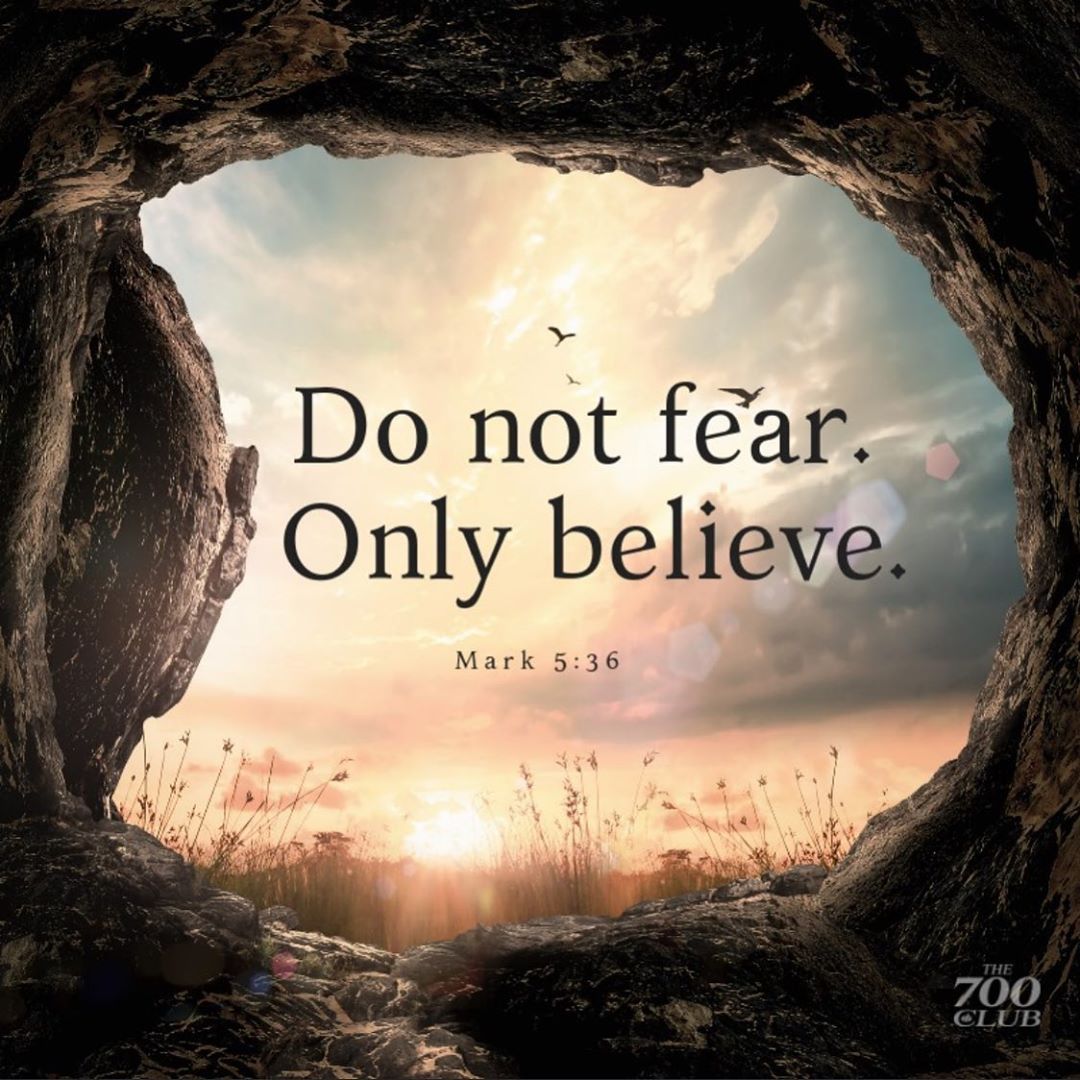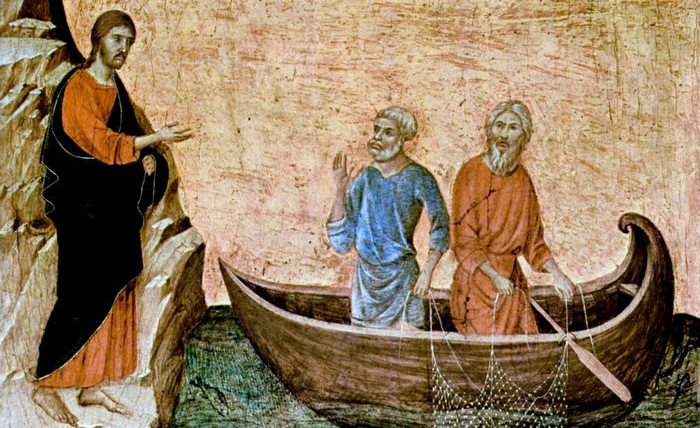TWELFTH SUNDAY: Matthew 10: 26-33
All three readings today describe situations of fear and anxiety. In the short gospel alone Jesus tells his disciples no less than three times not to be afraid. In fact, the phrase “Do not be afraid”, runs like a refrain through the whole Bible. To Abram God said, “Do not be afraid, I am your shield.” To the prophets, “Do not be afraid, I am with you.” To Mary the angel said, “Do not be afraid.” To the apostles Jesus said, “Do not be afraid,” and to Paul the Lord said, “Do not be afraid.” Because fear and anxiety seem to be so part and parcel of who we are as humans, we might wonder if God is asking the impossible when he enjoins us not to be afraid.
Everybody is afraid of something. Spiders, loneliness, cancer, failure, a stroke-ridden old age, homelessness…. Writer and broadcaster Karen Armstrong recommends that instead of succumbing to fears, phobias and anxieties we might try being compassionate to ourselves, remembering that fear is a human characteristic. “If we cannot accept the reality of our own terror,” she writes, “we are likely to dismiss and even ridicule the fears of others.” We need be aware that some of our character traits, like fear and anxiety, are the result of circumstances beyond our control. And so it is with others, especially when we see those qualities in them that we dislike in ourselves.
Jesus didn’t say, “Don’t be afraid, it won’t happen.” He meant something more like, “Don’t be afraid, it may well happen, but when it does happen you will not be destroyed as a person.” This is the difference between optimism and hope. Being neither an optimist nor a pessimist, Christ speaks about hope that is not based on chances that things will be better or worse. His hope is built upon the promise that, whatever happens, God will stay with us at all times, in all places. Blessed Julian of Norwich put it this way back in the 14th century: “The Lord did not say, ‘You will not be tempted, you will not be troubled, you will not be distressed,’ but he said, ‘You will not be overcome.’”
The ‘fear of God’ that sacred scripture often refers to is the sense of being touched out of the blue by the awesomeness, the otherness, and the mysteriousness of the numinous reality we call God. It’s not the fear of danger or of the unknown. Our religious word ‘holy’ refers to this mysterious otherness. Theologian Karl Rahner wrote: “I must confess to you in all honesty that for me God is and has always been absolute mystery…. Contemplating the sacred scriptures has offered me occasional intimations and inklings of mysterious reality.” Thomas Merton was overwhelmed by such reality one afternoon in 1958 on a busy street in Louisville, Kentucky. More recently, Jewish journalist David Brooks had a similar experience one morning on the crowded platforms of Penn Station in New York City – Benjamin Wallace-Wells, THE NEW YORKER, 4/29/2019.
Fr. QQ – 06/21/2023




